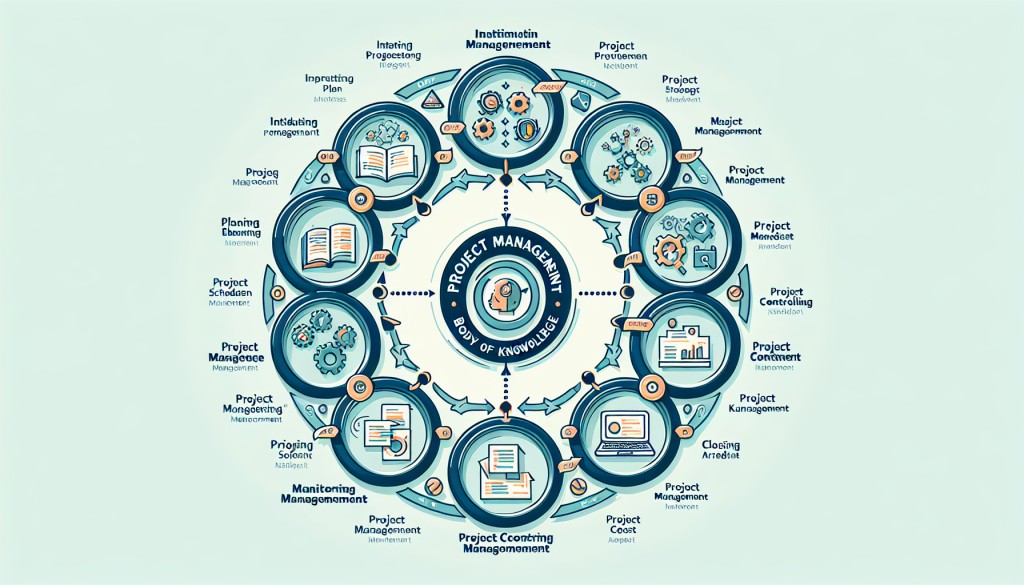Understanding the core principles of the Project Management Body of Knowledge (PMBOK) is essential for any project manager looking to excel in their field. The PMBOK guide serves as a comprehensive framework that outlines the best practices and processes for effectively managing projects of all sizes and complexities.
At the heart of the PMBOK guide are its core principles, which serve as the foundation for successful project management. Comprehensive knowledge is gained as you PMBOK for professional development. These principles encompass key concepts such as leadership, communication, stakeholder engagement, and risk management. By understanding and applying these core principles, project managers can navigate the complexities of project management with confidence and competence.
One of the key core principles of the PMBOK guide is leadership. Effective leadership is crucial for guiding a project team towards a common goal and ensuring that everyone is working towards the same objectives. A good project manager leads by example, inspires their team members, and fosters a positive and collaborative work environment.
Communication is another vital core principle of the PMBOK guide. Clear and effective communication is essential for keeping stakeholders informed, resolving conflicts, and ensuring that everyone is on the same page. Project managers must be skilled communicators who can convey information clearly and concisely to all stakeholders, both internal and external.

Stakeholder engagement is also a core principle of the PMBOK guide. Engaging stakeholders throughout the project lifecycle is essential for ensuring their buy-in and support. By involving stakeholders in key decisions and keeping them informed of project progress, project managers can build strong relationships and foster a sense of ownership among stakeholders.
Finally, risk management is a critical core principle of the PMBOK guide. Every project involves some level of risk, and it is the project managers responsibility to identify, assess, and mitigate these risks to ensure project success. By proactively managing risks, project managers can anticipate potential challenges and implement strategies to address them before they become major issues.
In conclusion, understanding the core principles of the PMBOK guide is essential for any project manager looking to excel in their field. By mastering concepts such as leadership, communication, stakeholder engagement, and risk management, project managers can navigate the complexities of project management with confidence and competence. Ultimately, applying these core principles will help project managers deliver successful projects that meet stakeholder expectations and achieve desired outcomes.